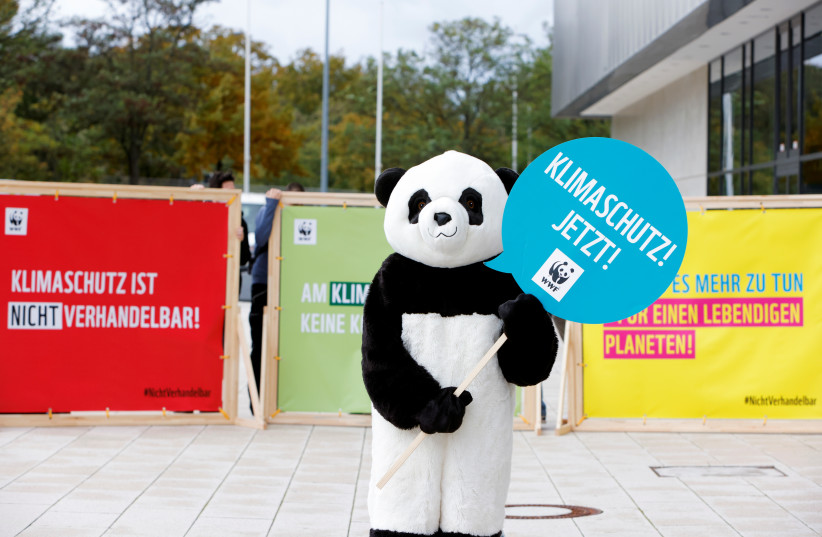380 new species were discovered in Southeast Asia’s Greater Mekong region from 2021-2022, according to a report by the World Wildlife Fund (WWF) published on June 12.
The new species include 24 amphibians, 19 fish, one mammal, 290 plants and 46 reptiles. The report makes particular note of a new type of color-changing lizard, a newly discovered species of poisonous snake and an orchid plant, which they describe as looking like a "muppet."
While the WWF acknowledged the excitement around the finds, they have also expressed deep concern over the safety of the new species. They have invited the local governments to instill new environmental protection laws to protect the species against the "threat of extinction from human activities."
"The new species, like so many others already known to humanity, are under intense pressure from deforestation, habitat degradation, road development, loss of streams and rivers, pollution, diseases spread by human activities, competition from invasive species, and the devastating impacts of illegal wildlife trade. Sadly, many species go extinct before they are even discovered," the WWF said in their report.
“These remarkable species may be new to science but they have survived and evolved in the Greater Mekong region for millions of years, reminding us humans that they were there a very long time before our species moved into this region,” said K. Yoganand, WWF-Greater Mekong regional wildlife lead in the report. “We have an obligation to do everything to stop their extinction and protect their habitats, and help their recovery.”

What is the World Wildlife Fund?
WWF is an organization dedicated to the conservation of animals and nature. They have a presence in nearly 100 countries.
The organization, which was founded in 1961, aims to "build a future in which humans live in harmony with nature," according to their website.
The Environment and Climate Change portal is produced in cooperation with the Goldman Sonnenfeldt School of Sustainability and Climate Change at Ben-Gurion University of the Negev. The Jerusalem Post maintains all editorial decisions related to the content.
